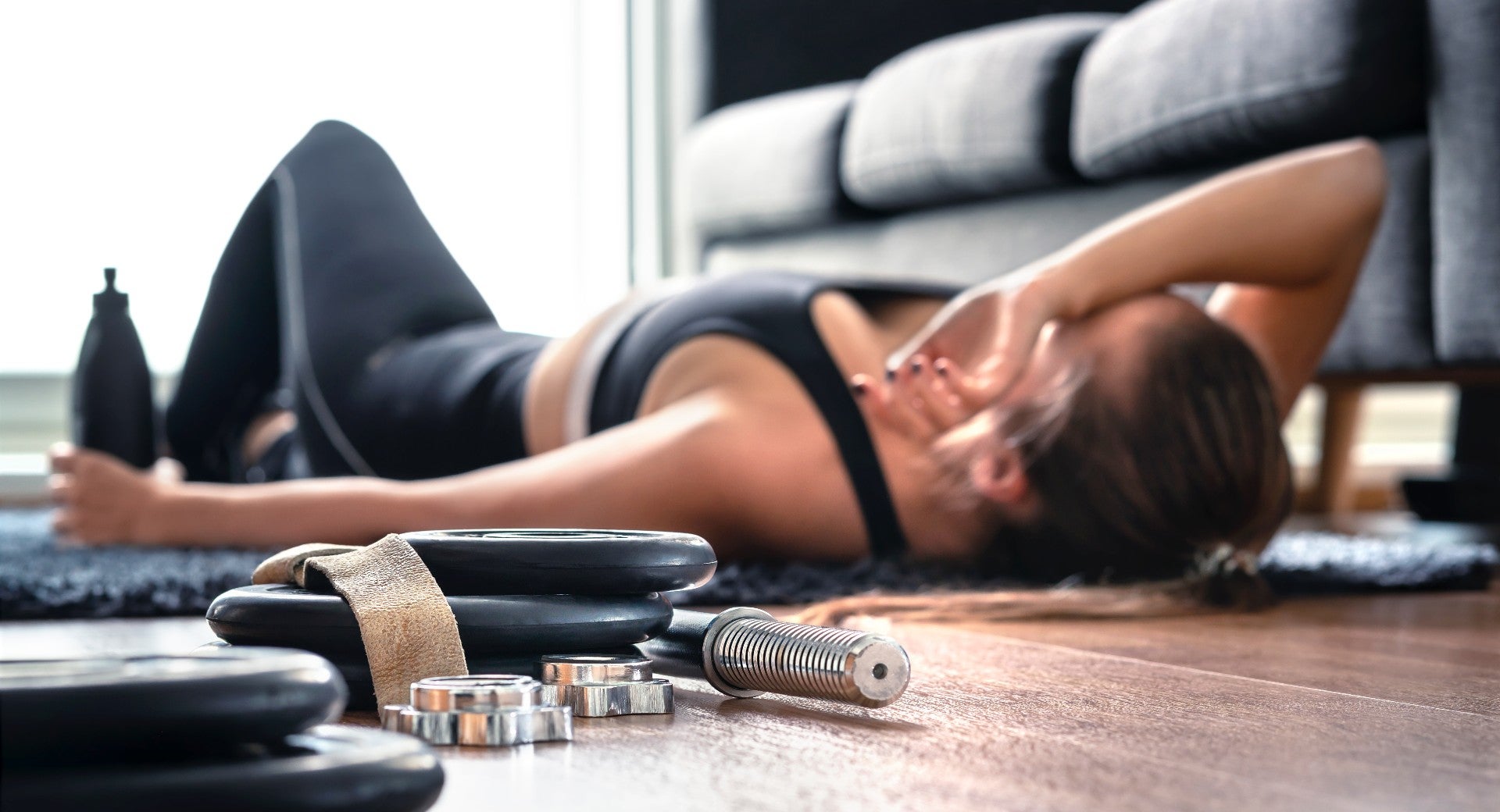Exercise Can Help Stress, But Getting Started Can Be Tough

(Photo: Tero Vesalainen / Getty)
Exercise can be a great outlet to help relieve stress and improve mental health, and that’s one of the reasons so many people stay consistent in their routines. In the gym, you’ll hear things like, “I’d go crazy if I didn’t lift” or “Fitness changed my life.” But staying on top of your workout schedule isn’t always easy, and when times get tough, stress and anxiety also can make it challenging to get a fitness regimen off the ground.
A recent study published in the journal PLOS One found that during the COVID-19 pandemic specifically, more people seem to be having trouble just getting started with exercise because of stress and anxiety, even though they know it can make them feel better. It’s created a paradox in which mental health is both a motivator and barrier for getting active, according to researchers from McMaster University.
Researchers surveyed 1,669 people to gauge the ways the pandemic has affected mental health and fitness habits. Unsurprisingly, they found that it’s been a stressful time for many, with respondents showing higher levels of psychological stress along with anxiety and depression as a result.
Those who responded to the survey also did about 20 less minutes of aerobic activity per week on average, 30 less minutes of strength training per week, and were sedentary for 30 more minutes per day than they were six months before the pandemic. And those who were the least physically active also reported being worse off mentally compared with people who maintained their pre-pandemic activity levels.
“Maintaining a regular exercise program is difficult at the best of times, and the conditions surrounding the COVID-19 pandemic may be making it even more difficult,” says Jennifer Heisz, Ph.D., lead author of the study and an associate professor in the Department of Kinesiology at McMaster, in a press release.
“Even though exercise comes with the promise of reducing anxiety, many respondents felt too anxious to exercise. Likewise, although exercise reduces depression, respondents who were more depressed were less motivated to get active, and lack of motivation is a symptom of depression,” she adds.
And researchers didn’t stop at assessing the data they collected. They also came up with a toolkit of evidence-based ways to get more active. Try these strategies if you’re having trouble getting started or coming back from a hiatus:
- Adopt the mindset that some exercise is better than none at all.
- If you start feeling anxious, try some lower-intensity exercise.
- Make it a point to move a little every day. It adds up!
- Take standing or movement breaks during long stretches of sedentary time.
- Plan your workouts like appointments by blocking off the time in your calendar.